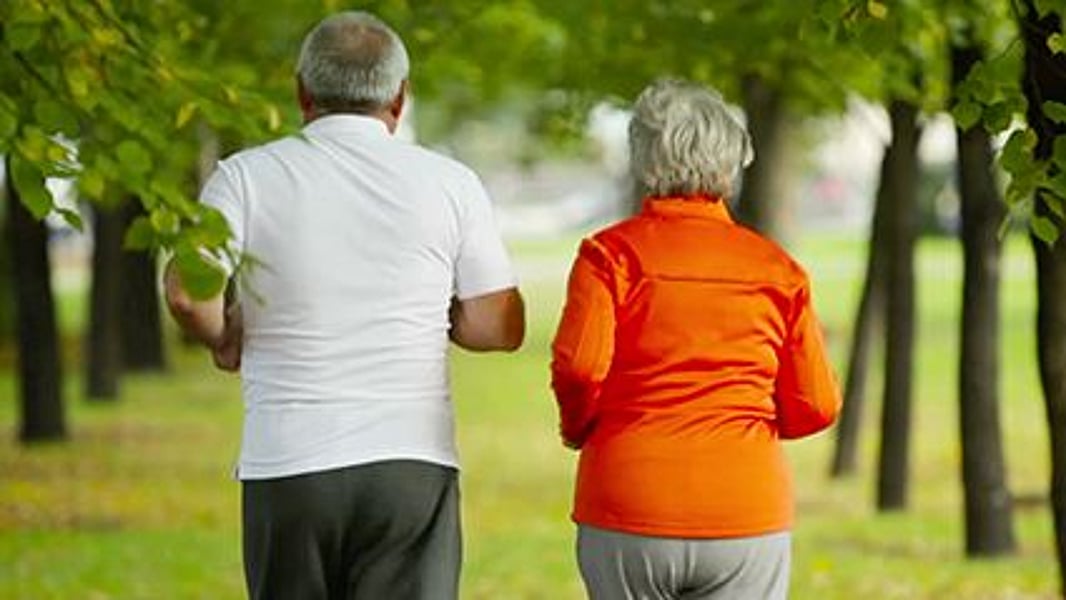Exercise May Lower Clotting Risk in Patients With NASH

TUESDAY, March 8, 2022 (HealthDay News) -- Exercise may help patients with nonalcoholic steatohepatitis (NASH) reduce their risk for developing blood clots, according to a study recently published in Hepatology.
Jonathan G. Stine, M.D., from Pennsylvania State University in Hershey, and colleagues randomly assigned patients with biopsy-confirmed NASH to either an exercise training program (18 patients) or standard clinical care (10 patients).
The researchers found that the plasminogen activator inhibitor 1 level was significantly decreased with exercise training versus standard clinical care (−40 versus +70 ng/mL). Exercise training was also associated with decreased magnetic resonance imaging proton density fat fraction (MRI-PDFF), with 40 percent of exercise participants having a ≥30 percent relative reduction in MRI-PDFF (histological response threshold) versus 13 percent among those receiving standard of care. Lastly, exercise training was associated with improved fitness (as measured by VO2 peak) versus standard clinical care.
"Independent of weight loss or dietary change, exercise training resulted in a significantly greater decrease in thrombotic risk than standard clinical care in patients with NASH," the authors write.
One author disclosed financial ties to the pharmaceutical industry.
Abstract/Full Text (subscription or payment may be required)
Related Posts
COVID Testing Requirement Lifted for Travelers Flying to the U.S.
FRIDAY, June 10, 2022 (HealthDay News) -- A requirement for all international...
No Increase in Long-Term Mortality Seen With Peripheral Drug-Coated Devices
WEDNESDAY, June 1, 2022 (HealthDay News) -- Drug-coated devices (DCDs) are not...
Breast Pain Doesn’t Always Mean Cancer: When to Get a Mammogram
FRIDAY, Jan. 27, 2023 (HealthDay News) -- While anyone can experience breast...
